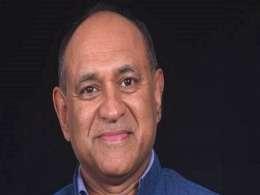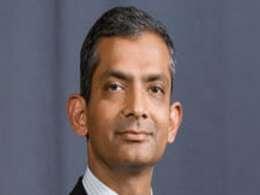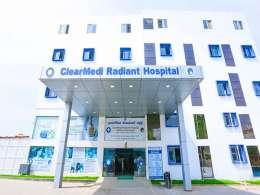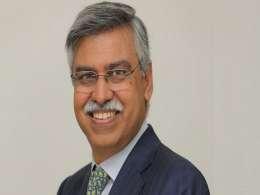The healthcare industry, which is likely to be a $100 billion opportunity by 2015, is craving for an extension of a tax holiday for new hospitals by five more years, apart from seeking infrastructure status and easing of norms for setting up new centres for higher medical learning.
Ahead of the Union Budget for 2013-14, industry players told VCCircle that the tax holiday scheme announced in 2008-09 budget will end this March.
“The tax holiday scheme for new hospitals should be extended to 10 years from 5 years, given the long gestation period of hospitals and the time that each hospital takes to break-even and then begin generating profits,” Krishnan Akhileshwaran, CFO of Apollo Hospitals, said.
The industry also needs infrastructure status and more medical education colleges and centres, according to Malvinder Singh, Executive Chairman of Fortis Healthcare.
“Government must take definitive steps to expedite the grant of infrastructure status to the healthcare sector, expand physical infrastructure for medical education and also ease the norms for creation of new colleges and centres of excellence for higher medical learning,” Singh said.
The industry is also pushing for other moves that include:
*Healthcare to continue to have no service tax
* Reducing import duty of medical equipment
* Expanding the scale and scope of Rashtriya Swasthya Bima Yojana (RSBY)
* Expanding preventive health programmes and easing the norms for medical visas to attract medical tourism
* Exempting lease rentals of hospitals from service tax
Extension of section 35 AD – benefit of 150 per cent depreciation on capital expenditure extended to specialty hospitals like cardiology, oncology among others with over 150 beds
“This year’s Union budget is the last one prior to the general elections in 2014 and the Government can take advantage of India’s unique position in the global economy to push through a series of reforms that will improve liquidity, enhance capital inflows and bring in more direct investment, driving the economy on a higher growth path,” Singh said.
The Healthcare sector has seen some big investments from PE players in the last few years including JP Morgan and PineBridge Capital investing $100 million in Narayana Hrudayalaya in 2008, Sequoia Capital investing $20.17 million in Moolchand Healthcare in 2011, Fidelity Growth Partners India investing $74.11 million in Trivitron Healthcare and New Enterprise Associates and Goldman Sachs investing $54.56 million in Nova Medical Centers in 2012.
“The government should increase its GDP expenditure on healthcare so it could be accessed by people even in rural areas,” said Vibhu Talwar, MD and promoter of Moolchand Healthcare.
The domestic healthcare market is likely to double by 2015 and reach $100 billion, says ratings agency Fitch. According to the 12th Five-Year Plan, the Indian government will boost public spending in healthcare sector to 2.5 per cent of the GDP from the current 1.4 per cent, over the next five years. But the opportunity in India as compared to its Asian peers remains large as in terms of per capita spending, India’s $43 falls far behind Sri Lanka’s $87, China’s $155 and Thailand’s $261.
(Edited by Prem Udayabhanu)





